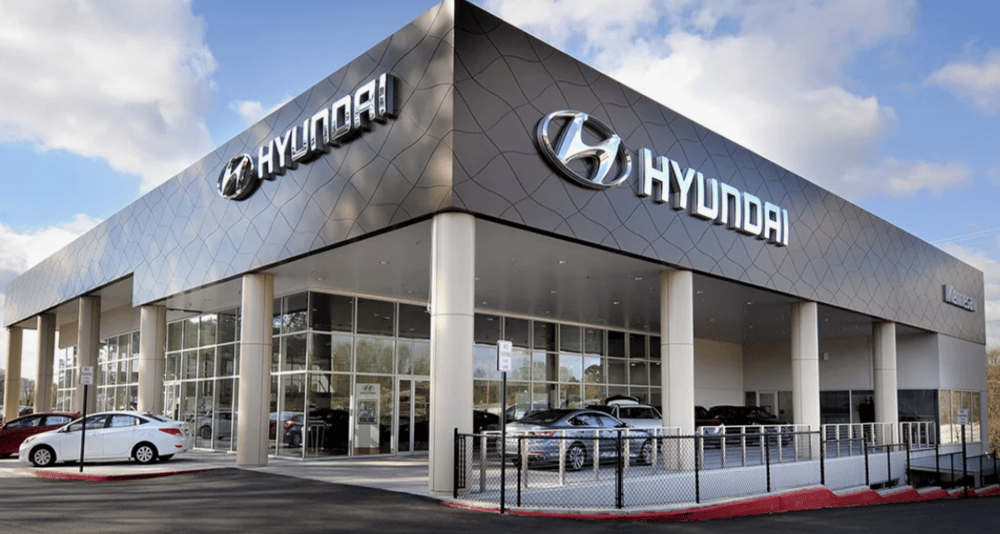Hyundai Motor Responds to US Tariff Pressure with Strategic Shifts and Sustained Profit Growth
Hyundai Motor $005380.KS, a global automotive powerhouse, has demonstrated remarkable agility as it responds to newly imposed US tariffs. This week, the company announced the formation of a dedicated task force aimed at navigating the evolving trade environment between the US and global markets—a move highlighting Hyundai’s commitment to risk management and maintaining its competitiveness in a crucial region.
Localization and Revamped Manufacturing Footprints
Adapting swiftly to this new landscape, Hyundai has already moved production of certain Tucson crossover models from its plants in Mexico to facilities within the United States. The company is also considering relocating the manufacturing of some vehicles intended for the American market from South Korea to alternative sites. These strategic choices aim to mitigate the impact of import duties and enable the company to respond more rapidly to the specific needs of North American consumers.
Strong Quarterly Numbers Pave the Way for Hyundai’s Ambitious Targets
Despite these operational changes, Hyundai Motor reported a robust 2% increase in operating profit for the first quarter, reaffirming its annual profit targets. This performance reflects the brand’s resilience and the effectiveness of its crisis management strategies amid shifting global dynamics.
Strategic Initiatives: Hyundai’s Five Core Responses to Current Challenges
1. Establishment of a specialized task force to monitor evolving US tariff policies
2. Shifting Tucson production to US-based factories
3. Evaluation of alternative global production sites for vehicles bound for the US
4. Enhanced focus on tailoring vehicle lineups to North American preferences
5. Commitment to upholding previously announced 2024 financial guidance

Key Benefits of Hyundai’s Proactive Strategy
- Reduction in cost pressures from new tariff structures
- Increased manufacturing and logistics flexibility
- Strengthened presence in the competitive US market
- Enhanced brand image through localization initiatives
- Robust risk diversification across global operations
Global Trade Trends and Future Outlook
Hyundai Motor’s strategic actions not only demonstrate a measured response to changing global trade rules but also set a new benchmark for flexibility in the automotive sector. By combining solid financial performance, innovative production strategies, and rapid adaptation to economic challenges, Hyundai remains well-positioned to secure premium standing on the global stage.















Comments
A deal like this has the potential to completely transform our approach to automation in technology